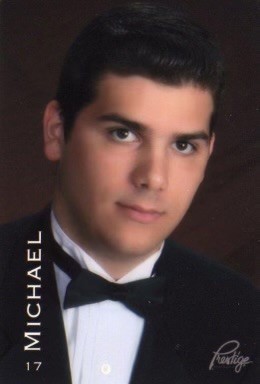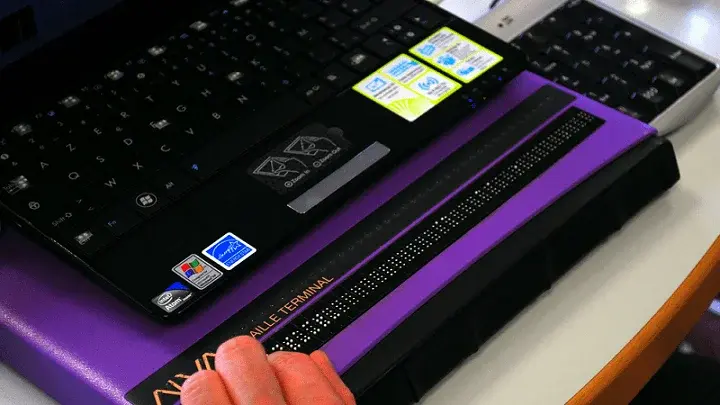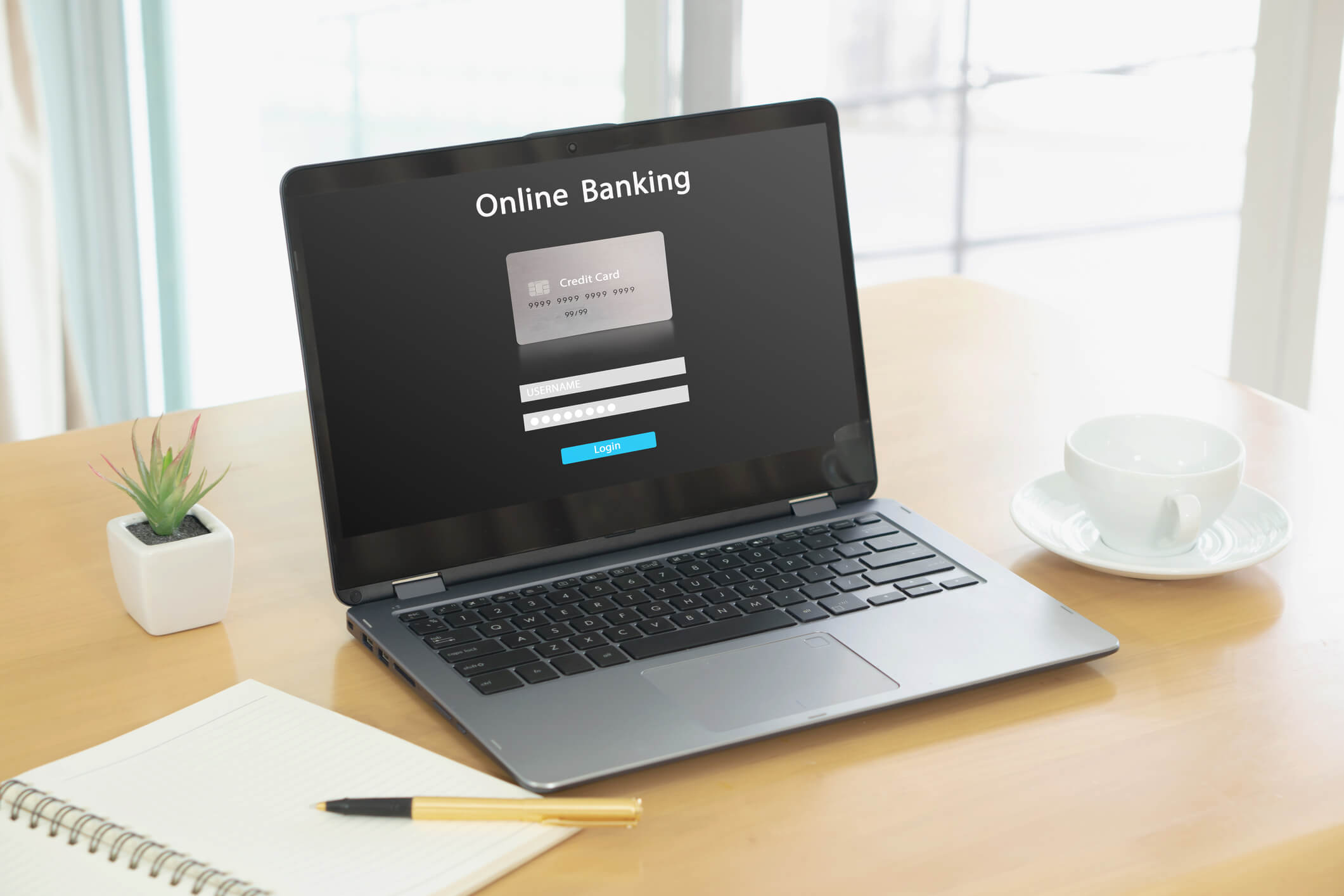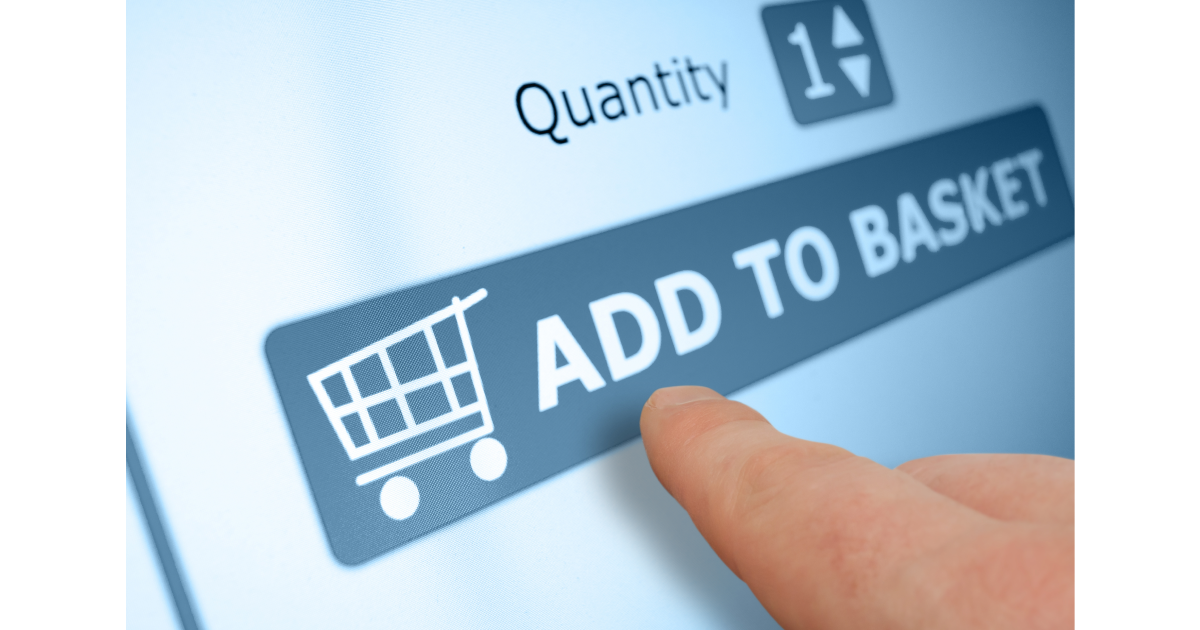My name is Michael Taylor, and I am a marketing intern at UsableNet. I was also born with a rare retinal dystrophy known as Leber’s Congenital Amaurosis. I'm a screen reader user, and I use technology daily. This blog is the first in a series.
To learn more about me and how technology has impacted my life, keep reading my new guest blog and subscribe for more blogs by me in the future.
I was born with a rare retinal dystrophy known as Leber’s Congenital Amaurosis. I have folds on the tissues of my retinas that drastically reduce their function. As a result, I have only a minimal amount of usable vision that is good for little more than light perception and some object and shape detection. My sight has been relatively consistent from birth, with perhaps only a minor decline in usable vision.
As a result of my retinal dystrophy, I suffer from extreme photosensitivity. I must wear heavily tinted sunglasses that block most of the light outdoors. I only use incandescent lighting solutions in my home because LED lights are too bright and harsh.
My Life Before Technology
Ever since I was a young child, my biggest challenge has been trying to bridge the gap between my life and the lives of my sighted counterparts. In school, I often had tremendous difficulty elevating myself onto an even playing field like the other students, socially and academically. Because of my visual impairment, I was always seen by others as incapable simply because I must do things differently from the rest.
What is a Screen Reader? My Introduction to Assistive Technology
I finally began to bridge this gap when I was introduced to my first piece of assistive technology. Assistive technology is any device, tool, or software system designed to aid an individual with a disability in effectively accessing and using computers, smartphones, tablets, or any other technological device.
My first piece of assistive technology was a JAWS-enabled windows laptop that I received in the third grade. JAWS is a screen reader that operates primarily on Windows-powered computer systems. Screen readers verbalize visual screen elements for those who cannot see. When a website is optimized to work with a screen reader, all text, navigation, and interactive screen elements can be detected, read aloud, and used by the user. Since my first laptop in 2006, I have worked with countless pieces of assistive technology, including Windows computers, Apple computers, iPads, iPhones, Android phones, etc.
After much experimentation, I have settled on a fully-Apple-powered ecosystem. I have found that Apple offers the most unified, consistent, intuitive, usable, and accessible assistive technology experience. This is a topic into which I can go into further detail in future blog posts.
I am a particular fan of Apple’s iPad because it streamlines laptop functionality with a mobile design to create a truly unique and accessible user experience. I tend to gravitate toward devices with touch screens. Touch navigation is far more intuitive for a screen reader than the slower traditional keyboard-only navigation method.
How Assistive Technology Changed My Life
My discovery and use of assistive technology have enabled me to break into many parts of the digital world that would otherwise be out of reach. For example, I can text friends and family, email personal and professional acquaintances, listen to my favorite music on iTunes, purchase items on Amazon, read and edit text documents, and so much more. I do all this through my assistive technology, a screen reader.
This all being said, the iPhone is the device that changed my life. Before I discovered the iPhone, I always felt frustrated that I could not join in with my sighted peers in smartphone use. As a ninth grader, I felt like I was the only individual in the school who did not have one of these flashy new devices. I truly believed there was no possible way for a blind person to use a smartphone.
This all changed during a summer camp field trip to the Apple store, where I was introduced to the incredible accessibility capabilities of the iPhone. Voiceover, Apple’s built-in screen reader, opened the door to a new world of texting, using social media, participating in group chats, and engaging in online banking. Though I consider all of my assistive technology necessary, the iPhone is easily the most influential device in my life.
The Other Side of Accessibility
Though I have had many positive experiences with assistive technology, some things could be better. As technology becomes increasingly ingrained in our everyday lives, the vast catalog of websites and mobile applications seems to grow exponentially yearly. The problem is that many apps and websites do not participate in the accessible technology game. This is mainly due to the need for more awareness.
What can you expect? Usability, Accessibility, and More.
Accessibility testing is an area of great interest to me. Since I use assistive technology daily, my life is one big usability test. I have had experiences with the good, bad, and ugly of web accessibility. I look forward to sharing this in more detail in future blogs.







